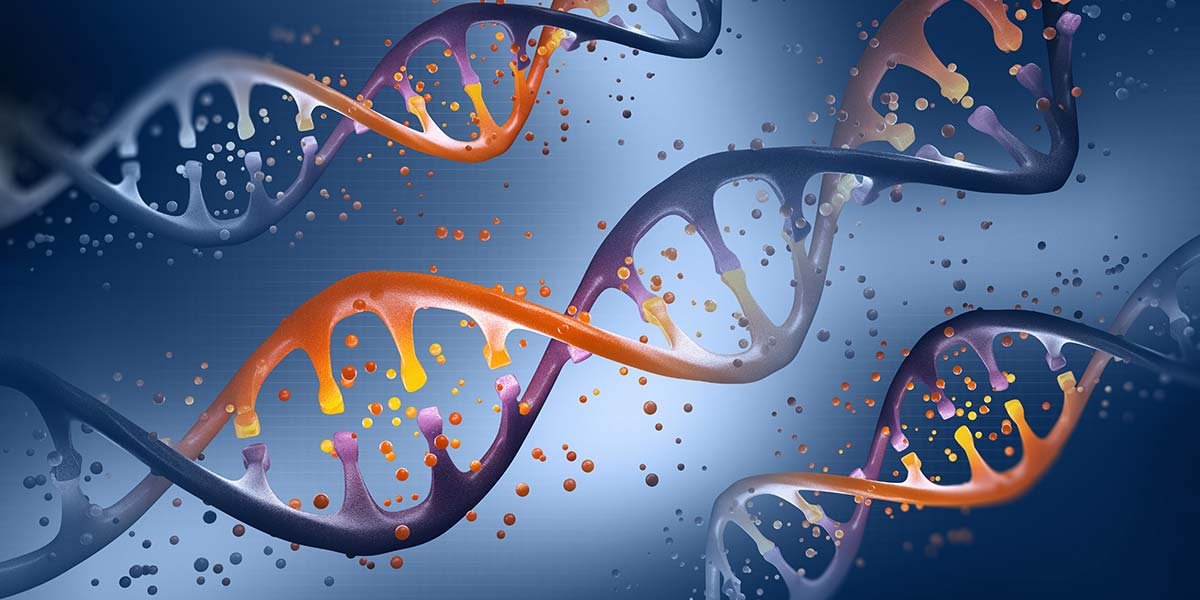
Biotechnology and genetic engineering have ushered in a new era of scientific exploration, enabling us to customize life at the molecular level. These fields encompass a wide range of techniques and applications that have revolutionized medicine, agriculture, and environmental management. By leveraging advanced tools and methodologies, researchers and industries can create tailored solutions to some of the most pressing challenges faced by humanity today.
The Foundation of Biotechnology
Biotechnology applications span various sectors, including healthcare, agriculture, and industry. At its core, biotechnology utilizes biological systems and organisms to develop products and technologies that improve our quality of life. From the production of insulin to the creation of genetically modified crops, the impact of biotechnology is profound and far-reaching.
Genetic engineering techniques serve as fundamental tools within biotechnology. These techniques involve manipulating the genetic material of organisms to achieve desired traits or outcomes. By understanding the structure and function of DNA, scientists can make precise changes that lead to improved characteristics in plants, animals, and even humans.
Advancements in Genetic Engineering
Among the most revolutionary advancements in genetic engineering is CRISPR technology. This powerful tool allows scientists to edit genes with unprecedented precision and efficiency. CRISPR, which stands for Clustered Regularly Interspaced Short Palindromic Repeats, enables targeted modifications to DNA, facilitating the alteration of specific genes responsible for particular traits. The implications of CRISPR technology are immense, from developing disease-resistant crops to potentially curing genetic disorders in humans.
One significant area of genetic modification is in agriculture. Agricultural biotechnology utilizes genetic engineering to enhance crop resilience, yield, and nutritional content. For instance, genetically modified organisms (GMOs) can be engineered to withstand pests and diseases, reducing the need for chemical pesticides and contributing to more sustainable farming practices. Furthermore, crops can be enriched with essential vitamins and minerals, addressing malnutrition in developing regions.
The Role of Biotechnology in Medicine
In the realm of medicine, biotechnology has paved the way for the biopharmaceuticals development revolution. Biopharmaceuticals, derived from biological sources, are crucial in treating various diseases, including cancers and autoimmune disorders. Techniques like recombinant DNA technology enable the production of therapeutic proteins, such as monoclonal antibodies, which are designed to target specific disease markers in the body. This approach has transformed the treatment landscape, offering targeted therapies that improve patient outcomes.
Another promising area within biotechnology is gene therapy advancements. This innovative field aims to treat or prevent diseases by directly modifying the genes involved in their pathogenesis. By delivering healthy copies of genes or correcting faulty ones, gene therapy holds the potential to address genetic disorders that were previously deemed untreatable. Recent breakthroughs in this area have shown promise for conditions such as cystic fibrosis and muscular dystrophy, with ongoing research exploring new delivery methods and techniques.
The Future of Biotechnology
As we look to the future, the intersection of biotechnology and synthetic biology innovations presents exciting opportunities. Synthetic biology combines engineering principles with biology to design and construct new biological parts and systems. This discipline allows researchers to create entirely new organisms or modify existing ones for specific purposes, such as producing biofuels or biodegradable plastics. The potential for synthetic biology to address environmental challenges and reduce our reliance on fossil fuels is immense.
However, the rapid advancements in biotechnology and genetic engineering also raise ethical and safety concerns. The ability to manipulate life at the molecular level necessitates careful consideration of the implications of these technologies. Issues related to bioethics, environmental impact, and food security require ongoing dialogue among scientists, policymakers, and the public to ensure responsible use and regulation.
Biotechnology and genetic engineering represent a frontier of science that enables us to customize life at the molecular level. With tools like CRISPR technology, innovative genetic engineering techniques, and advancements in gene therapy, these fields are revolutionizing medicine, agriculture, and environmental sustainability. As we continue to explore the potential of biotechnology applications and synthetic biology innovations, it is crucial to balance scientific progress with ethical considerations. The future of biotechnology promises to reshape our world, offering solutions to some of the most critical challenges facing humanity today.




